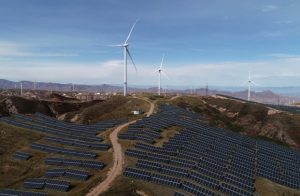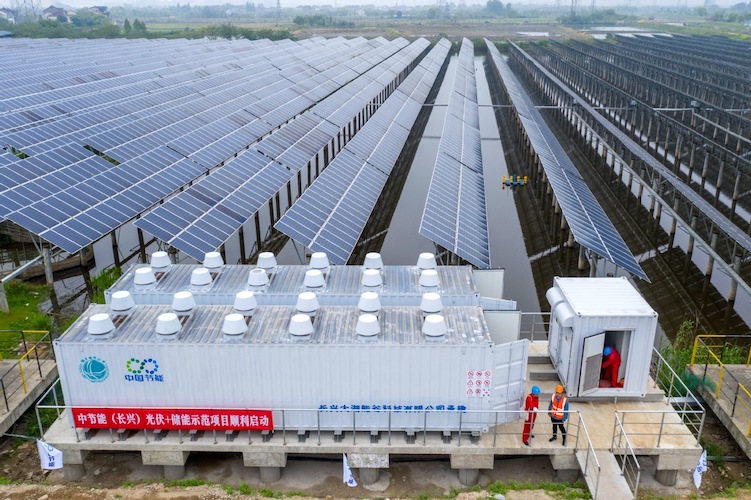Latest News: Computer Chip
The Netherlands will restrict ASML from selling advanced chimaking equipment to China, while Japan would impose similar restrictions on Nikon Corp, media reports said
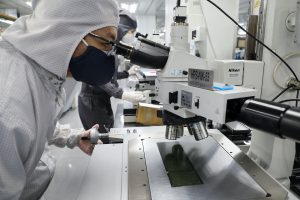
China was among the biggest markets in 2022 for Europe's largest technology company, as it beat analyst forecasts to report fourth-quarter net profit of 1.82 billion euros ($2 billion)
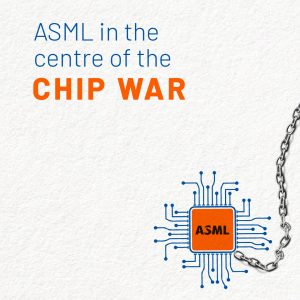
With a market cap of$240 billion, chipmaker ASML is Europe’s most valuable tech company. Its market-leading position comes from its monopoly in Extreme Ultraviolet Lithography (EUV) machines which allow chipmakers to make smaller, faster and smarter semiconductors
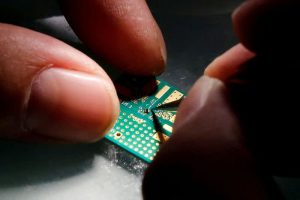
The US sees the participation of other top producers of chipmaking equipment as essential to making its sweeping chip export controls against China effective
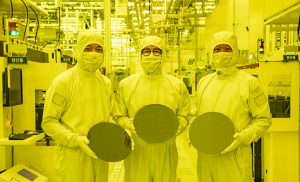
A dominant player in the global chip industry, the country hopes the incentives would help it cement the security of its supply-chain security while boosting the economy
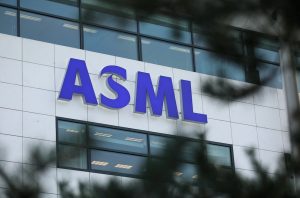
The move is an effort to bolster ASML's relations with customers like Samsung and SK Hynix in the face of new US chip sanctions against China
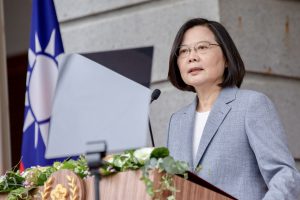
Taiwan, home to the world's largest contract chipmaker, TSMC, plays an outsized role in providing chips used in everything from cars to fighter jets
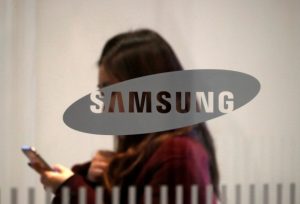
Its operating profit rose to 14.1 trillion won ($10.8 billion) for the quarter ended June 30 from 12.57 trillion won a year earlier, higher than the company's own estimate of 14 trillion won
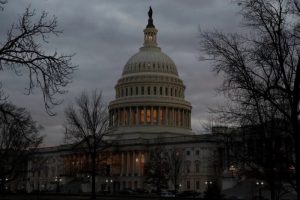
The "Chips and Science" act provides about $52 billion in subsidies for US semiconductor production and an investment tax credit for chip plants estimated at $24 billion
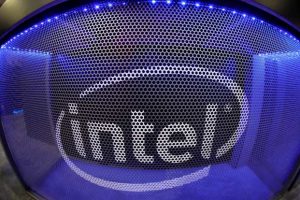
The bill provides about $52 billion in subsidies for US semiconductor production as well as an investment tax credit for chip plants estimated to be worth $24 billion

Intel didn’t give financial details but said the first products would be manufactured in the next 18- to 24-month period

Historically, chip demand – such as for computers in the 1980s, cellphones in the 2000s and smartphones in the 2010s – would lead manufacturers to aggressively expand capacity.
AF China Bond
- Popular




